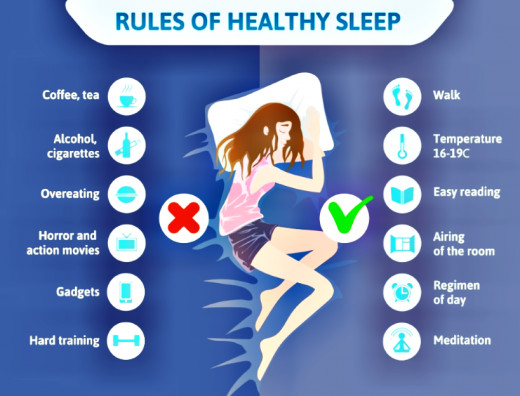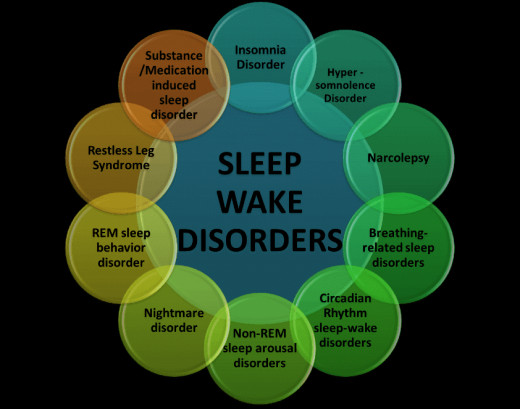- HubPages»
- Health»
- Personal Health Information & Self-Help»
- Self-Help for Sleep Issues & Sleeplessness
Better night’s sleep
If you want to learn how to sleep better, then you’re in the right place. This guide will walk you through everything you need to know if you want to get better sleep. I’ll explain the science of sleep and how it works, discuss why many people suffer from sleep deprivation without knowing it, and offer practical tips for getting better sleep and having more energy.
Sleeping well directly affects your mental and physical health. Fall short and it can take a serious toll on your daytime energy, productivity, emotional balance, and even your weight. Yet many of us regularly toss and turn at night, struggling to get the sleep we need. Getting a good night’s sleep may seem like an impossible goal when you’re wide awake at 3 a.m., but you have much more control over the quality of your sleep than you probably realize. Just as the way you feel during your waking hours often hinges on how well you sleep at night, so the cure for sleep difficulties can often be found in your daily routine.
Unhealthy daytime habits and lifestyle choices can leave you tossing and turning at night and adversely affect your mood, brain and heart health, immune system, creativity, vitality, and weight. But by experimenting with the following tips, you can enjoy better sleep at night, boost your health, and improve how you think and feel during the day.
The panel revised the recommended sleep ranges for all six children and teen age groups. A summary of the new recommendations includes:
- Newborns (0-3 months): Sleep range narrowed to 14-17 hours each day (previously it was 12-18)
- Infants (4-11 months): Sleep range widened two hours to 12-15 hours (previously it was 14-15)
- Toddlers (1-2 years): Sleep range widened by one hour to 11-14 hours (previously it was 12-14)
- Preschoolers (3-5): Sleep range widened by one hour to 10-13 hours (previously it was 11-13)
- School age children (6-13): Sleep range widened by one hour to 9-11 hours (previously it was 10-11)
- Teenagers (14-17): Sleep range widened by one hour to 8-10 hours (previously it was 8.5-9.5)
- Younger adults (18-25): Sleep range is 7-9 hours (new age category)
- Adults (26-64): Sleep range did not change and remains 7-9 hours
- Older adults (65+): Sleep range is 7-8 hours (new age category)
Many of us experience trouble sleeping at one time or another. Usually it’s due to stress, travel, illness, or other temporary interruptions to your normal routine. But if sleep problems are a regular occurrence and interfere with your daily life, you may be suffering from a sleep disorder.
A sleep disorder is a condition that frequently impacts your ability to get enough quality sleep. While it’s normal to occasionally experience difficulties sleeping, it’s not normal to regularly have problems getting to sleep at night, to wake up feeling exhausted, or to feel sleepy during the day.
Frequently having trouble sleeping can be a frustrating and debilitating experience. You sleep badly at night, which leaves you feeling dead-tired in the morning and whatever energy you have quickly drains throughout the day. But then, no matter how exhausted you feel at night, you still have trouble sleeping. And so the cycle begins again, taking a serious toll on your mood, energy, efficiency, and ability to handle stress. Ignoring sleep problems and disorders can damage your physical health and lead to weight gain, car accidents, impaired job performance, memory problems, and strained relationships. If you want to feel your best, stay healthy, and perform up to your potential, quality sleep is a necessity, not a luxury.










